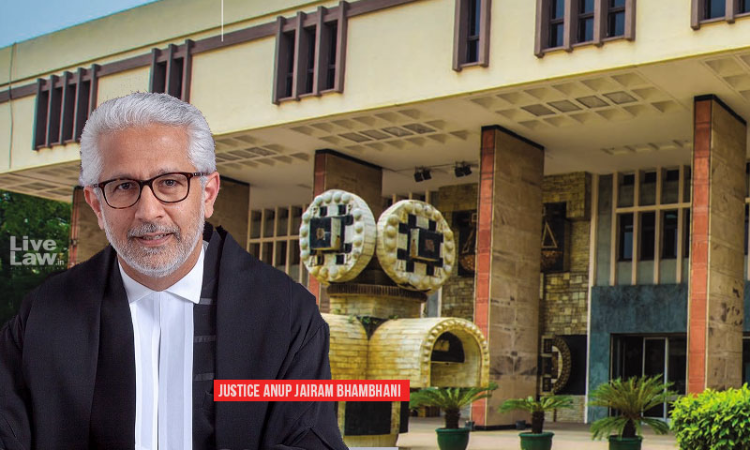Limitation Period For Invoking Arbitration Cannot Be Extended By Consent: Delhi High Court
Parina Katyal
6 Oct 2022 9:30 AM IST

Next Story
6 Oct 2022 9:30 AM IST
The Delhi High Court has ruled that a statement made by the opposite party in the reply to the notice invoking the arbitration clause, giving consent for appointment of an arbitrator, would not extend the limitation period for invoking arbitration, if the claims raised by the claimant are ex-facie time-barred. The Single Bench of Justice Anup Jairam Bhambhani held that...
